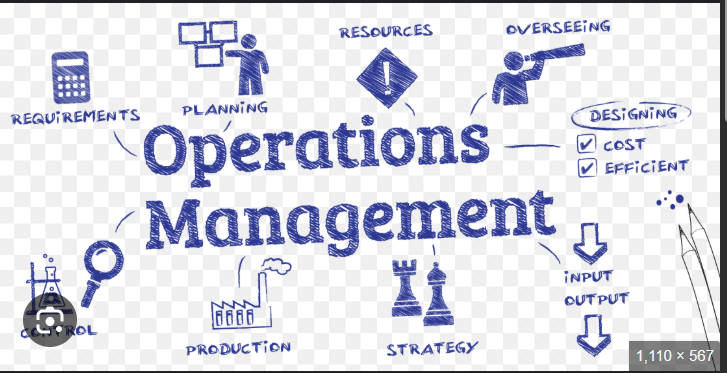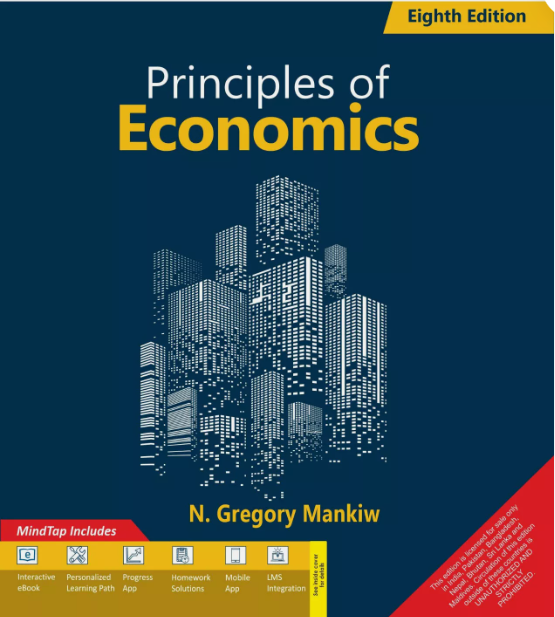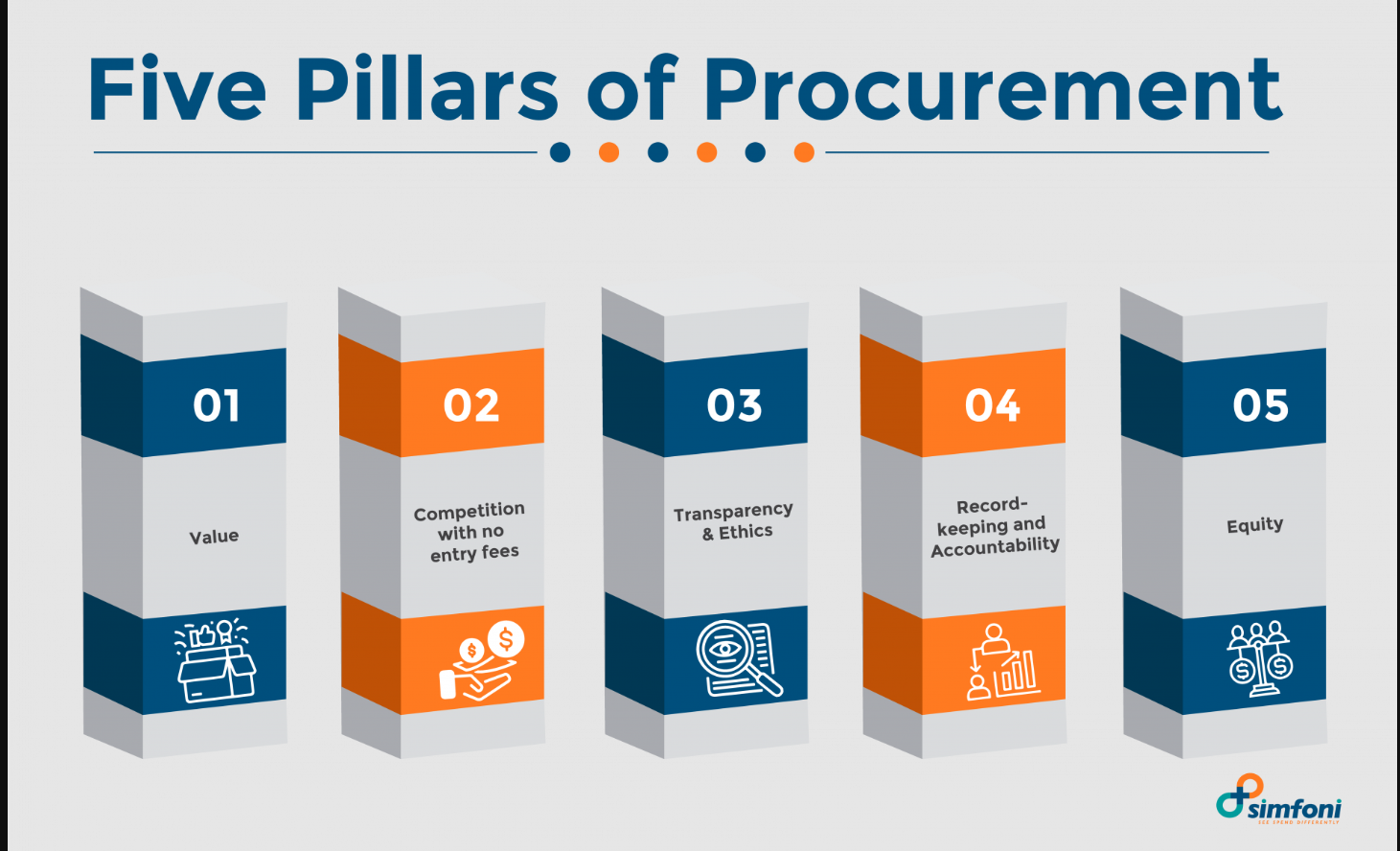
Welcome to the Course on Receiving and Handling Delivered Goods
- Teacher: Admin User
Moodle is an open-source Learning Management System (LMS) that provides educators with the tools and features to create and manage online courses. It allows educators to organize course materials, create quizzes and assignments, host discussion forums, and track student progress. Moodle is highly flexible and can be customized to meet the specific needs of different institutions and learning environments.
Moodle supports both synchronous and asynchronous learning environments, enabling educators to host live webinars, video conferences, and chat sessions, as well as providing a variety of tools that support self-paced learning, including videos, interactive quizzes, and discussion forums. The platform also integrates with other tools and systems, such as Google Apps and plagiarism detection software, to provide a seamless learning experience.
Moodle is widely used in educational institutions, including universities, K-12 schools, and corporate training programs. It is well-suited to online and blended learning environments and distance education programs. Additionally, Moodle's accessibility features make it a popular choice for learners with disabilities, ensuring that courses are inclusive and accessible to all learners.
The Moodle community is an active group of users, developers, and educators who contribute to the platform's development and improvement. The community provides support, resources, and documentation for users, as well as a forum for sharing ideas and best practices. Moodle releases regular updates and improvements, ensuring that the platform remains up-to-date with the latest technologies and best practices.
Links of interest:

Welcome to the Course on Receiving and Handling Delivered Goods

Operational Management provides learners with the knowledge and skills to plan, manage, and improve organizational operations. It focuses on efficiency, quality, productivity, and resource utilization to achieve strategic and competitive advantage in business and industry.
Principles of Operations Management: Functions, roles, and importance in organizations.
Production & Process Management: Design, planning, scheduling, and control of operations.
Quality Management: Total Quality Management (TQM), continuous improvement, and customer satisfaction.
Capacity & Resource Management: Forecasting, capacity planning, resource allocation, and optimization.
Inventory & Supply Chain Management: Inventory control, lean systems, procurement, and logistics.
Project & Performance Management: Tools for monitoring, evaluation, and efficiency improvement.
Technology & Innovation in Operations: Automation, digital systems, sustainability, and emerging trends.
Apply operations strategies to improve efficiency and productivity.
Manage resources, capacity, and processes effectively.
Implement quality control and continuous improvement systems.
Analyze operational data for informed decision-making.
Apply sustainable and innovative approaches in operations.
Graduates can work as operations supervisors, production officers, quality control assistants, project coordinators, logistics officers, or administrative managers. The diploma also provides progression to degree programs in Operations Management, Supply Chain, Business Administration, or Industrial Management.

International Purchasing equips students with the knowledge and skills required to manage procurement activities across global markets. It emphasizes sourcing, negotiation, logistics, and compliance with international trade regulations, preparing graduates to handle purchasing in both private and public organizations.
Introduction to Purchasing & Supply: Principles, roles, and importance of purchasing.
International Trade & Procurement: Global sourcing, import/export processes, documentation, and regulations.
Logistics & Supply Chain Management: Transportation, warehousing, inventory control, and supply chain coordination.
Negotiation & Contract Management: Supplier selection, bidding, contract drafting, and dispute resolution.
Public Procurement & Ethics: Policies, transparency, accountability, and sustainable procurement.
Financial & Quantitative Aspects: Costing, budgeting, foreign exchange, risk management, and data analysis.
Current Issues in International Purchasing: Globalization, e-procurement, sustainability, and digital supply chains.
Understand international procurement processes and practices.
Apply purchasing principles to optimize cost, quality, and supplier relationships.
Manage import/export logistics and documentation.
Evaluate risks and ensure ethical, sustainable procurement.
Communicate and negotiate effectively in cross-border trade.
Graduates can work as international purchasing officers, procurement specialists, logistics coordinators, supply chain officers, contract managers, or import/export officers. The diploma also offers a pathway to higher studies in Supply Chain Management, Procurement, Logistics, and Business.

Economics equips students with knowledge of fundamental economic principles, analytical skills, and practical tools for understanding and solving real-world economic issues in business, government, and society.
Introduction to Economics: Scarcity, choice, opportunity cost, micro vs. macroeconomics.
Microeconomics: Demand & supply, elasticity, consumer behavior, costs, and market structures.
Macroeconomics: National income, inflation, unemployment, money & banking, fiscal and monetary policy, international trade.
Quantitative Techniques: Basic math, statistics, and data analysis for economics.
Development Economics: Growth, poverty, inequality, and strategies for sustainable development.
Applied Economics: Public finance, taxation, business economics, and current global issues.
Apply economic concepts to decision-making.
Analyze and interpret data using quantitative tools.
Understand national and global economic trends.
Develop problem-solving and critical thinking skills.
Graduates can work as research assistants, banking/finance officers, policy analysts, data analysts, or business advisors. The diploma also provides a pathway to further studies in Economics, Business, and Finance.
